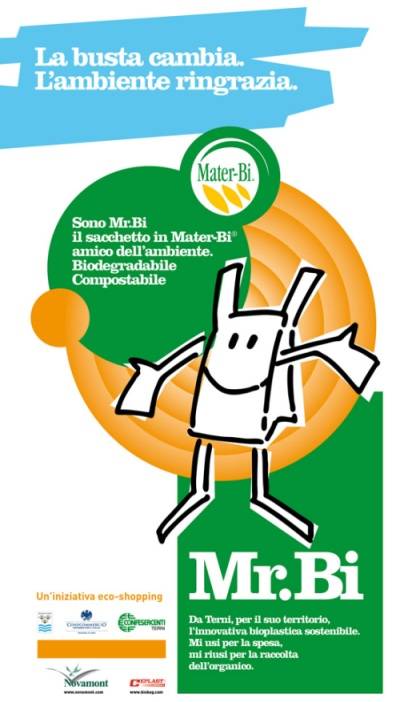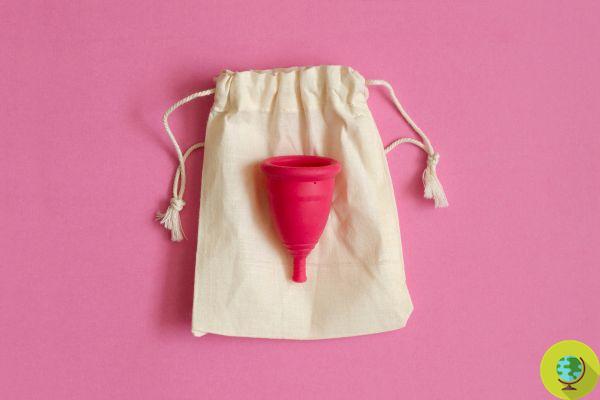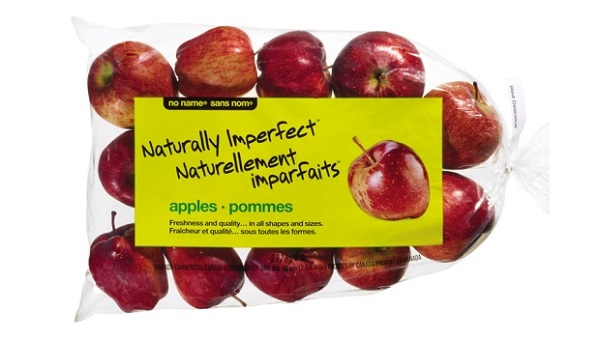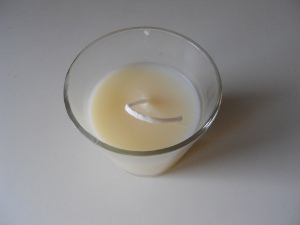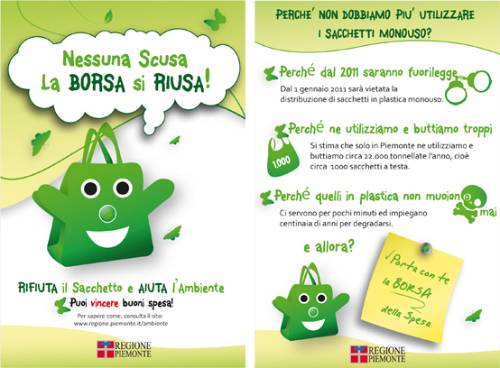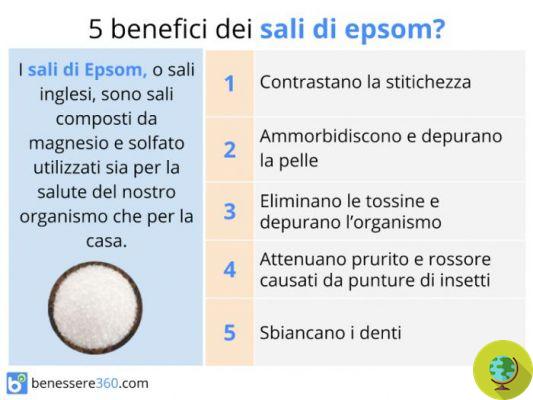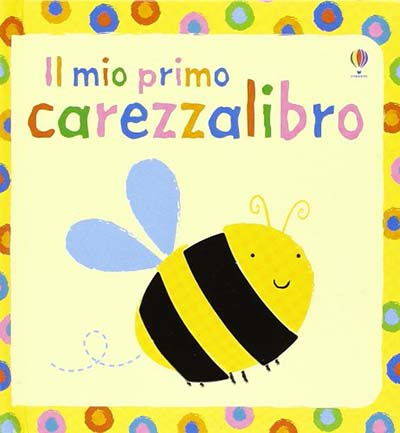
What would Valentine's Day be without red roses? The feast of love seems to be closely linked to this elegant and refined flower, so much so that every year, in view of February 14, hundreds of millions of specimens are grown and distributed on the market. A romantic tradition, of course, but one that has a huge environmental impact in terms of pollution, water consumption and emissions.
What would that be Valentine's day without the red roses? The feast of love seems to be closely linked to this elegant and refined flower, so much so that every year, in view of February 14, hundreds of millions of specimens are grown and distributed on the market. A romantic tradition, sure, but one that has a huge environmental impact in terms of pollution, Water consumption ed emissions.
The cultivation and distribution of roses does not always take place in a sustainable way, far from it: a statement perhaps will make those who love to give or receive this flower turn up their noses, but which has its roots in some facts, enumerated by the magazine American Scientific American.
First, most of the roses sold in the United States and Europe it is not zero kilometer, but it comes from warmer climatic regions. To reach the destination markets, the roses have traveled long distances by plane or vehicle, with all that entails in terms of carbon dioxide emissions. For example, it is estimated that roses sold and donated on a typical Valentine's Day in the United States are responsible for approximately 9.000 tons of CO2 emissions.
Like all crops, moreover, even that of roses involves the use of copious amounts of water. And too often, by the time it drains onto the ground, the water used to water the flowers is contaminated by the large amount of pesticides which are used to make them aesthetically perfect and more appealing to consumers. These substances thus pollute the soil and aquifers, undermining entire ecosystems.
The cultivation of roses also often takes place in large plantations, which grow and extend to the detriment of forests and wetlands. Above all, it pays the price wildlife, which is also exposed to the risk of poisoning due to the frequent use of soil fumigation. A risk shared with the people who work in the flower plantations.
In order to arrive fresh and shiny in our homes, roses must be kept in during transport and in the pre-sale stages aree refrigerate, with an enormous expenditure of electric energy which, in the vast majority of cases, is of fossil origin.
Not to mention, finally, the amount of waste generated by the habit of wrapping flowers by wrapping them in kilometers of paper and plastic: all to make them more eye-catching and precious in the eyes of consumers and increase their commercial value.
Perhaps giving a rose is not such an indispensable gesture, and there are different but equally valid ways to be romantic, perhaps preferring originality to tradition.
The alternatives, if you think about it, are many, you just need a little good will and time to spend. For example, if you enjoy knitting, you can make a small knitted or crochet gift; if, on the other hand, one of your passions is cooking, you can prepare a delicious themed dessert; if you are creative, yes, but on the bill, you can launch yourself on a series of original gifts at no cost. Or, to say "I love you" not only to your sweetheart but also to the environment, you can even choose to plant a tree.
But if, despite everything, you can't give up the idea of giving a rose, choose at least one certified or contact a grower or nursery in your area.
Lisa Vagnozzi
READ also
On Valentine's Day, give a tree
Valentine's Day: 10 knitted or crocheted gifts
Valentine's Day: 10 sweets to do with the heart (#recipes)
Valentine's Day: 10 ways to declare your love "at no cost"




